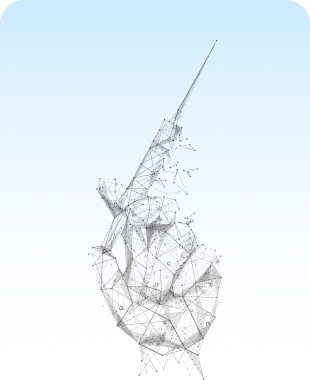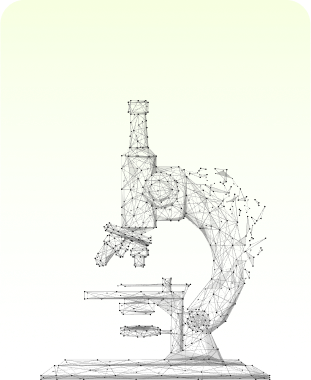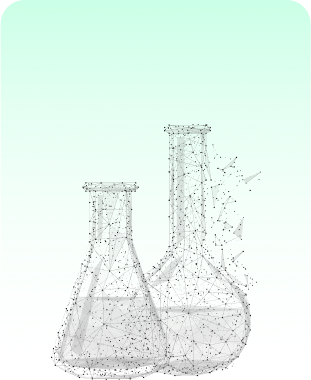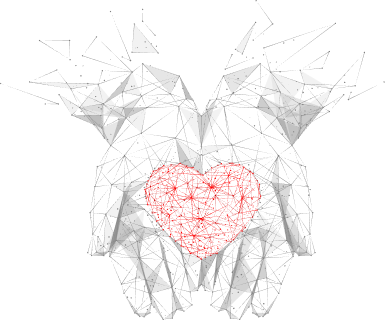 Alzheimer's Disease
Alzheimer's Disease


For reasons unknown, in Alzheimer's disease, a series of unfortunate events occur at the same time. For one, the astrocytes in the cell body and the tau proteins in the microtubules of multiple neurons begin flowing outside the microtubules and forming tangles that disrupt communications within the neurons and between them. The blood-brain barrier, which surrounds the brain, also suddenly starts limiting the amount of glucose that can enter… More




They're pros who can give you personalized advice and recommend the latest treatment options that suit your unique condition.

Our doctors decide how many wjMSCs, the transfusion method, and the rounds of treatment that you need based on your medical records. So, be sure to send them to your patient liaison.

Our premium grade passage 2 wjMSCs are ethically derived from the umbilical cord tissues of healthy human babies that have been delivered after 37 weeks of gestation.

Our laboratory is not only current goods & manufacturing practices (cGMP) certified, but ISO 9001 certified as well, both of which are internationally recognised standards for quality management systems (QMS).

Our bio-safety level (BSL) 2 laboratory adheres to international standard operating procedures to ensure cleanliness and sterility as well as the safety of the environment.


The Patient Liaison that you are assigned will require your medical information. To streamline the process, either send your existing medical records to your Patient Liaison or get a medical test done in your country of residence and send it to your Patient Liaison.


Your Patient Liaison will send your medical reports to our doctors, who will tailor a personalised treatment plan for you or request that you get more medical tests done in your country of residence and send it to your Patient Liaison.


Once you've agreed to the treatment plan, let your Patient Liaison know when you'd like to start your treatment. They'll coordinate with our doctors and book a treatment slot for you.


Let your Patient Liaison know how many people will be accompanying you to Malaysia and if you have any special requirements, such as ambulance or wheelchair assistance. You'll need to pay a deposit depending on the duration of your treatment, number of travellers, and special needs so that your Patient Liaison may make appropriate hotel bookings and transport arrangements.




When booking your flight tickets, it's recommended to arrive two days before your treatment date and to depart the day after your treatment ends.


Two days before your arrival in Malaysia, go to this link to register yourself and all other travellers.


Your Patient Liaison will organise your airport transfer to the hotel and send you your driver's contact details via email. Log in to "Airport WiFi" to check your email once you've landed at KLIA and contact your driver.


Your Patient Liaison will meet you at the hotel and help you check-in. You will be required to pay the remainder of your treatment fee in order for the laboratory to begin preparing the products for your treatment, which will be two days later. We accept cash, online funds transfers, PayPal, and credit / debit cards (Visa, MasterCard, American Express, JCB, Union Pay).


Your Patient Liaison will arrange transportation to and from the treatment facility on the treatment date and walk you through the registration and discharge processes.

Multiple universities and institutions worldwide have examined the efficacy of using wjMSCs to treat Alzheimer's disease and reported promising outcomes.
















